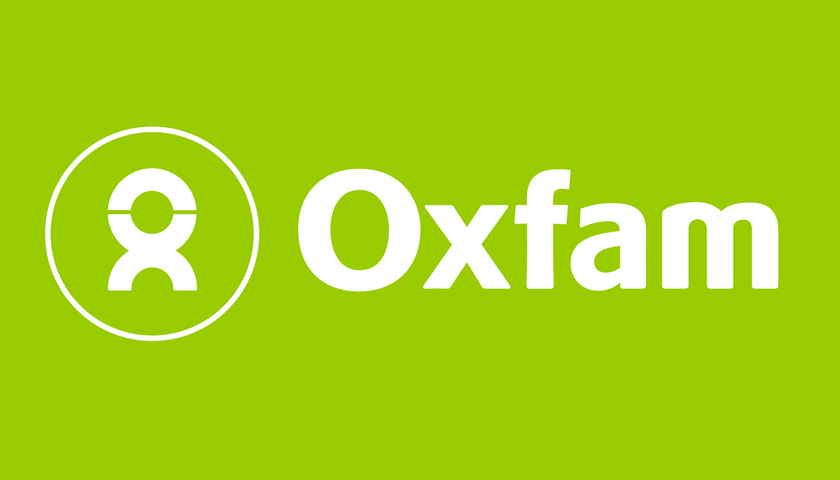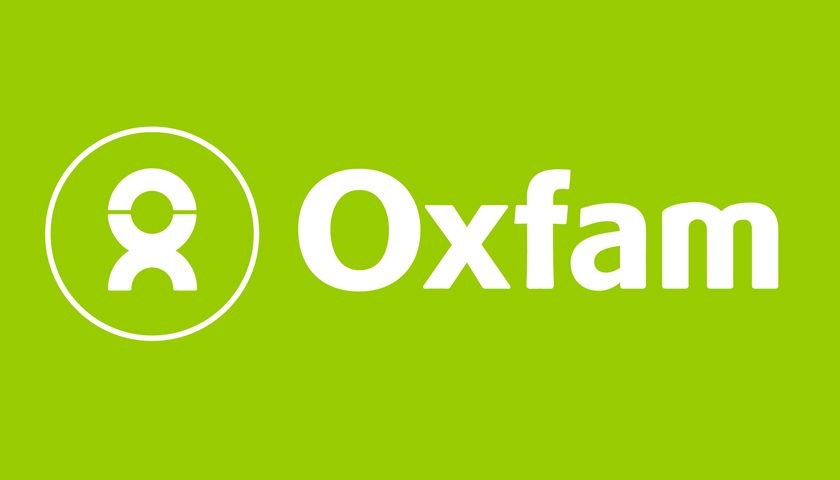Low-and-middle income countries face a $27 trillion black hole – accumulating at around $3.9 trillion a year to 2030 –when it comes to meeting costs of climate-related loss and damages, adaptation, and mitigation measures, along with their health, education and social protection needs, new Oxfam analysis finds.
Oxfam is calling for rich countries to borrow $11.5 trillion to fund an historic “climate debt swap” with poorer countries, in addition to finally honouring their aid commitments, of which they are in arrears to the tune of $6.5 trillion.
Progressive wealth taxes and Special Drawing Rights have the potential to not only fund these common-sense policies, but enable rich nations to make inequality-busting investments at home. A progressive net wealth tax of up to 5% could alone add around $1.1 trillion to donor country budgets each year.
Incoming Oxfam International interim Executive Director Amitabh Behar said: “To anyone who would dismiss an $11.5 trillion climate debt swap as radical, remember that rich countries raised about as much in response to Covid-19.”
“Rich countries could raise more than $1 trillion each year if they were willing to tax the rich. It all comes down to political will.”
“Our economic system continues to shovel trillions of dollars into the hands of the wealthiest elite. Billions upon billions of windfall profits, riding on a cost-of-living crisis, have filled the pockets of rich shareholders.”
Despite a deadly combination of soaring costs and an escalating climate emergency that continues to hit the world’s poorest people hardest, rich nations gathering at the World Bank Spring meetings in Washington (April 10-16) are tinkering around the edges of reforms that are likely to unlock only a tiny fraction of the financing needed.
The reforms floated would allow Multilateral Development Banks to increase the volume of their lending without government shareholders having to pay in more money. Oxfam says that while this is a good idea that should be implemented quickly, rich countries cannot be let off the hook when it comes to the radical changes needed.
While the most expansive reforms being discussed would unlock just $1 trillion – a long way from $27.4 trillion needed – a less ambitious yet far more likely option on the table would raise as little as 0.1% of the annual climate and social spending needs of low-and-middle income countries between now and 2030. Oxfam is concerned that rich countries could be attracted to this option as an excuse not to meet their aid commitments that the poorest nations are not only owed, but urgently need.
Other initiatives up for discussion – such as suspending debt repayments if a country suffers a natural disaster, or “green bonds” to encourage environmental projects – might be welcome, but will be nowhere near enough to meet the need.
Behar said: “If rich countries were serious about investing in people and planet, they would go beyond financial wizardry. It’s time for governments to find their moral fibre and tax the richest, so we can stave off climate catastrophe and lift everyone out of poverty.”

